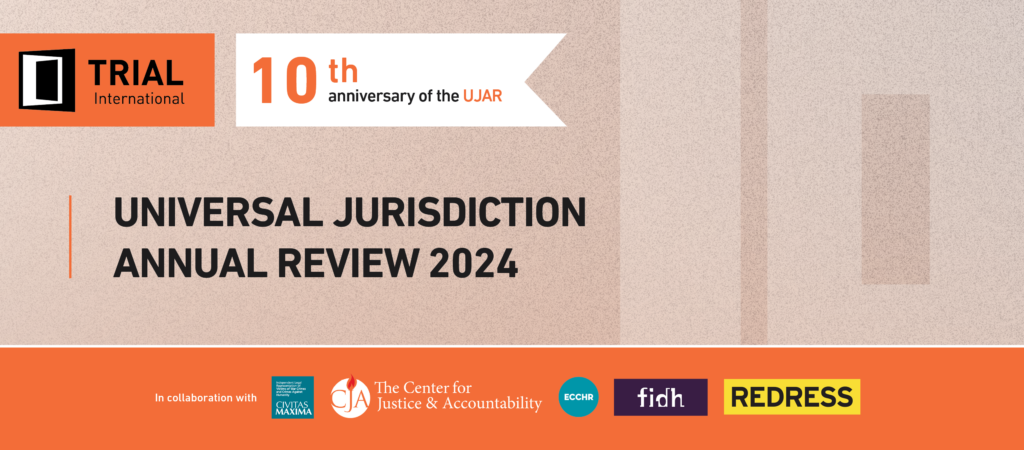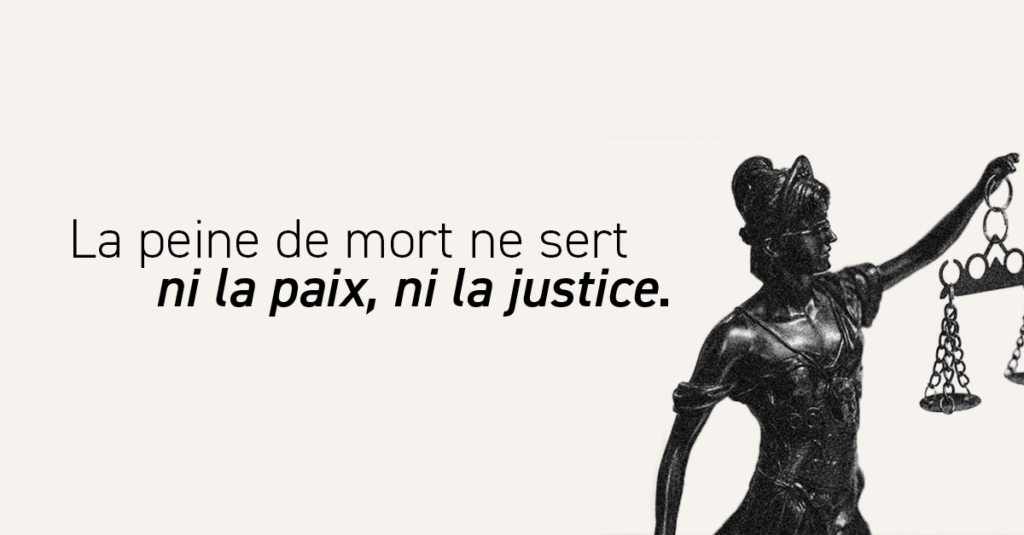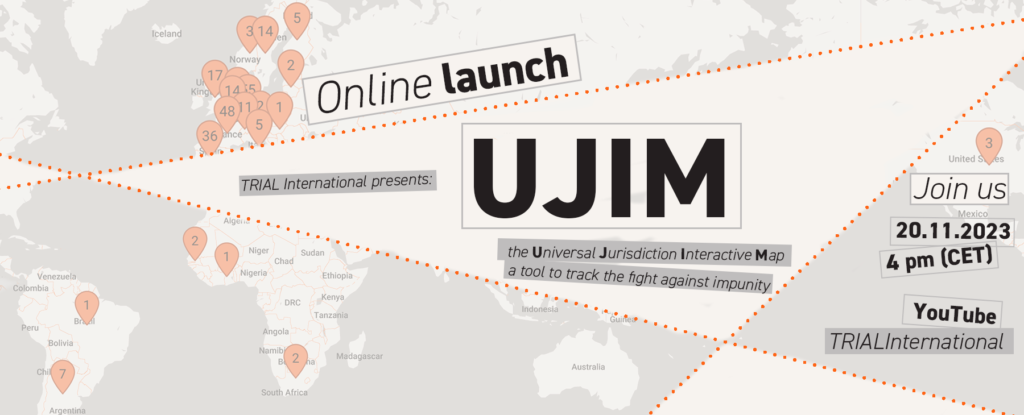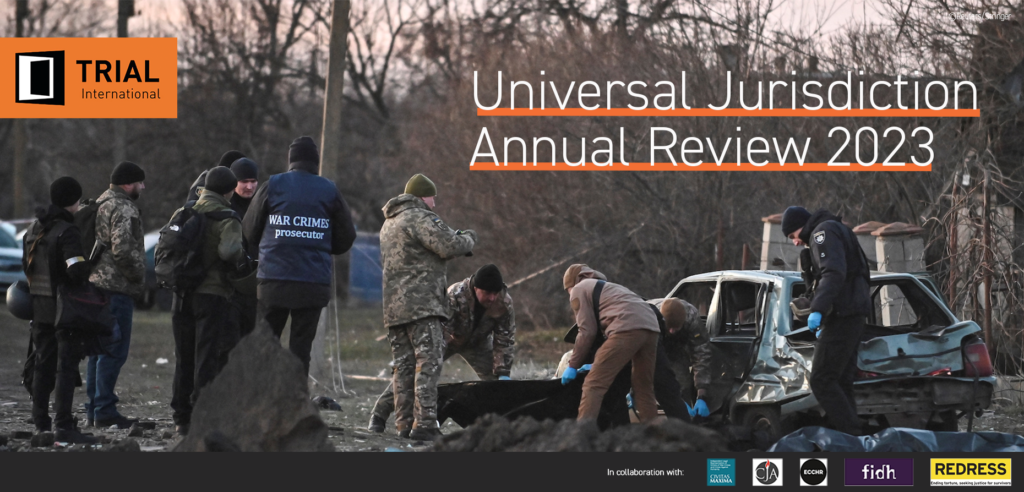Supreme Court of Nepal holds its grounds in the fight against impunity
TRIAL International welcomes a verdict of the Supreme Court of Nepal which continues its decision of restricting amnesty, pardon and withdrawal of mass human rights abuse cases.

On 27 April 2020, the Supreme Court of Nepal rejected a petition by the Nepali government to review its earlier verdict in the case of Suman Adhikari v. Nepal Government.
Rendered on 26 February 2015, the initial verdict was a landmark in the transitional justice process in Nepal. It recognized that the 2014 Enforced Disappearances Enquiry, Truth and Reconciliation Commission Act went against international standards of transitional justice. Subsequently, the Supreme Court had ordered the government to amend it. To this day, it remained dead letter.
“Another step to evade the real issue”
It has been 14 years since the Comprehensive Peace Accord was signed. However, since then the government has only taken questionable steps, from not amending the laws to making political appointment of commissioners in the two transitional justice bodies. Requesting the Supreme Court to review its decision was yet another attempt to delay the already-stalling process.
“The request filed by the Nepal Government to the Supreme Court was another step to evade the real issue: accountability for mass human rights violations” said Cristina Cariello, Head of TRIAL International’s Nepal program. “We are delighted that the Supreme Court held its ground and reaffirmed the importance of fair and efficient transitional justice mechanisms.”
In addition to the Supreme Court, the United Nations High Commissioner for Human Rights, national and international bodies, civil society organizations and the victims themselves have called on the government to ensure that Nepal’s domestic legal framework is consistent with international human rights standards.
Read the joint statement of TRIAL International, Amnesty International, Human Rights Watch and ICJ








